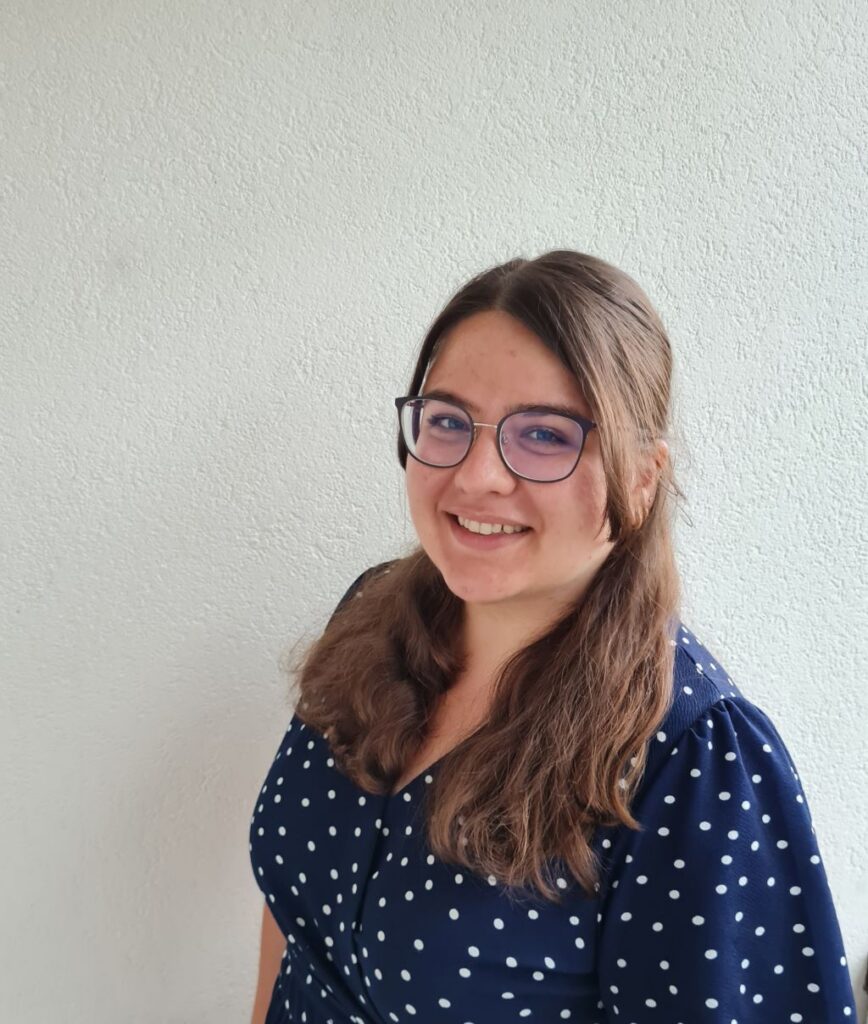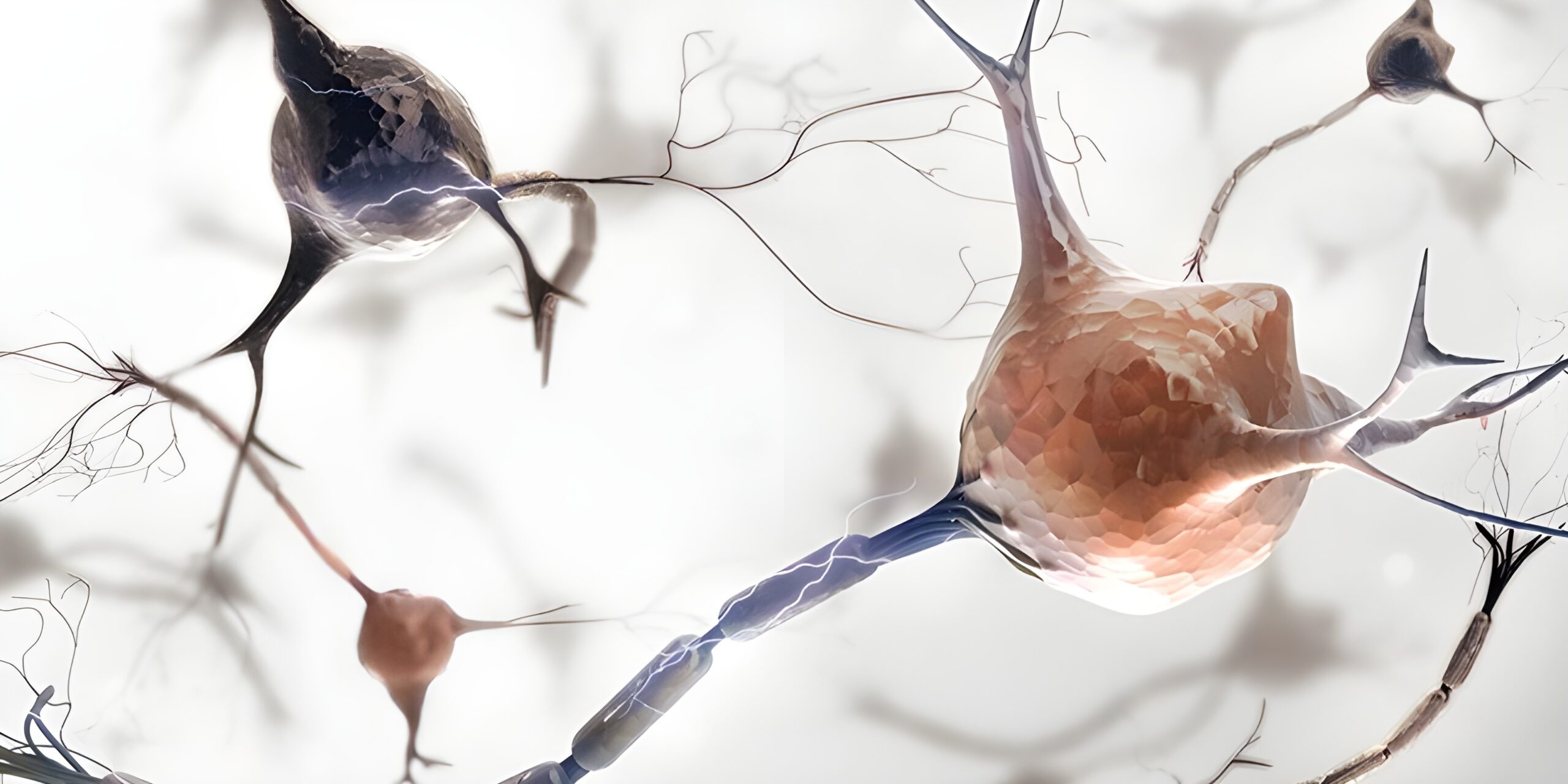Disclaimer: This text was translated from German to English using AI. While efforts were made to ensure accuracy and clarity, some nuances may differ from the original.
The innovative bachelor’s thesis ‘About classical diagnostic boundaries: the brain in ADHD using EEG data of the Central sensory Kortexes new understanding’ by Jacqueline Tamara Thiele and Nadua Sofia Maissen the ZHAW is the first to explore the Central sensory Index (CSI) as a neurophysiological Marker for ADHD, and so enters into new scientific territory. The students analyzed EEG data from 93 children with ADHD and were significant relationships between hyperactivity and increased ZSI-values, show. Particularly noteworthy is its nuanced consideration of gender differences and the influence of sensitivity on neurophysiological processing pattern. Your methodologically sound research work provides valuable first insights to the Central sensory processing in ADHD, and lays an important Foundation for future studies in this so far little-explored area. The excellent scientific quality of the work is evident in the precise statistical analysis and the differentiated Interpretation of the results in the context of current research literature. With their findings, Thiele and Maissen contribute to the understanding of neurophysiological markers for different ADHD dimensions better and open up new perspectives for a more sophisticated diagnostics.


